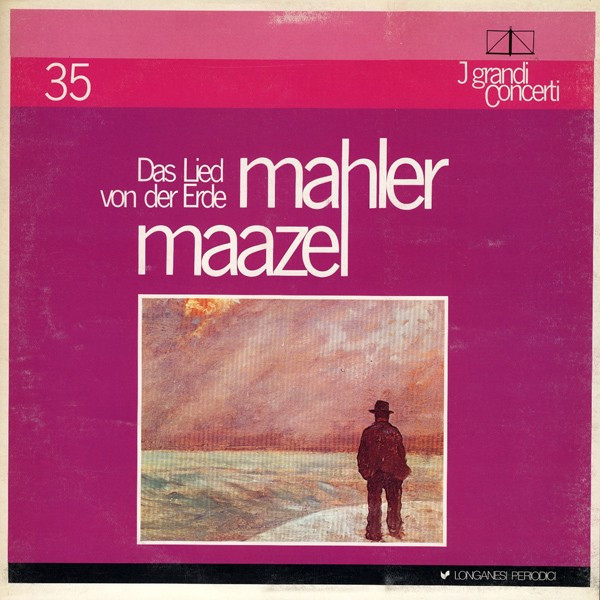| No. 384 of the ongoing ITYWLTMT series of audio montages is this week's Friday Blog and Podcast. It can be found in our archives at https://archive.org/details/pcast384 |
====================================================================
Today’s Friday Blog and Podcast repurposes a topic we
explored during January 2012 under what we coined “Pianothon month” The three
works featured were uploaded from The
Piano Society’s main and free website. As it rightly states, “Piano Society
is proud to present its large collection of more than 5,600 high-quality
classical keyboard recordings, produced by our artists consisting of both
professionals and skilled amateurs.”
The Society page host most of Schubert’s piano
sonatas, and Tom Pascale recorded two of them, including the one I retained
to open the podcast. Tom grew up in Brooklyn, New York and studied mathematics
at Fordham and Yale, and later pursued a career in banking while raising a
family in the New York suburbs. After years of obligatory piano lessons, Tom
quit in his teenage years and never entertained the idea of making music a
profession. But listening to classical music, attending concerts, and finding
time to play the piano has remained an important part of his life. Tom's
experience in music is personal he does not play publicly but does enjoy
sharing his amateur music-making through recordings.
The middle work, Dvorak’s Eight Waltzes, is also
provided by a Mathematician/amateur keyboardist. Chris Breemer is a Dutch IT
tech support specialist by day, and a born-again pianist (thanks to the
discovery of the Piano Society in the mid-2000’s). Additionally, he enjoys
playing with other people: accompanying church services, playing piano
regularly together with other people, having a violinist partner, a cellist
partner, and a piano partner.
The final work is a concerto performance by Neal O’Doan and
the Seattle Philharmonic. In 1999 he retired from his professorhip at the
University of Washington Music School in Seattle, Washington having taught
piano there for twenty-three years. O’Doan has a few concerto recordings on the
Society’s website, all with semi-professional or student orchestras from the
Pacific Northwest Moszkowski’s Piano Concerto No. 2 is an 1898 composition
dedicated to pianist Josef Hofmann.
I think you will love this music too.






